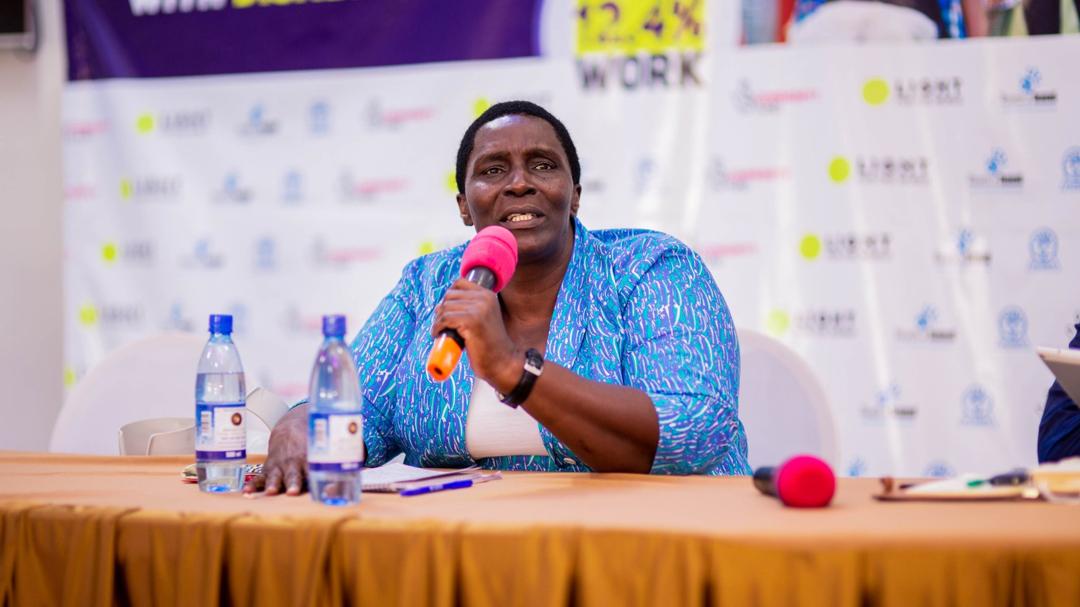Persons with Disabilities (PWDs) have urged the government to review the Shs3 million nomination fee for elective positions, describing it as discriminatory and a barrier that excludes capable leaders from participating in national decision-making.
During an engagement with PWDs in Kampala ahead of her campaign launch, Hellen Grace Asamo, a Member of Parliament aspirant for the PWDs’ seat and Minister of State for PWDs, said the high fee undermines political inclusion and contradicts the country’s commitment to empowering marginalized groups.
"The Shs 3 million nomination fee is too high for most people with disabilities and is a direct barrier preventing many competent and passionate PWDs from participating in national leadership and decision-making," said Asamo.
She emphasized that revising the fee should be a top priority for the next Parliament.
While acknowledging government progress in disability inclusion through policy reforms and affirmative action, Asamo said the nomination fee remains a major structural obstacle.
“For a community where unemployment and poverty levels are still high due to systemic barriers, this fee is unfair. If we want a Parliament that truly reflects the diversity of our society, we must remove such financial barriers," she said.
Asamo highlighted that many PWDs with strong leadership potential fail to contest not because they lack ability, but because they cannot afford the required fee.
“Persons with disabilities are able leaders. What they need is a level playing field. Reviewing nomination fees is not charity—it is equity," she said.
In addition to advocating for a review of nomination fees, Asamo called on government to introduce a monthly social protection grant of Shs100,000 for PWDs. She noted that many PWDs are unable to participate in regular income-generating activities due to physical or mental limitations.
"The grant would help beneficiaries meet basic needs and restore dignity," Asamo said.
She explained that the initiative is being developed under the Child and Disability Benefit Programme, which also targets households caring for children with severe disabilities. Asamo stressed the importance of fully factoring Uganda’s disability population—estimated at 16.5 percent—into national development planning.
“My vision is an Uganda where disability does not define destiny, and every person deserves a fair chance to live, learn, and lead," she said.


